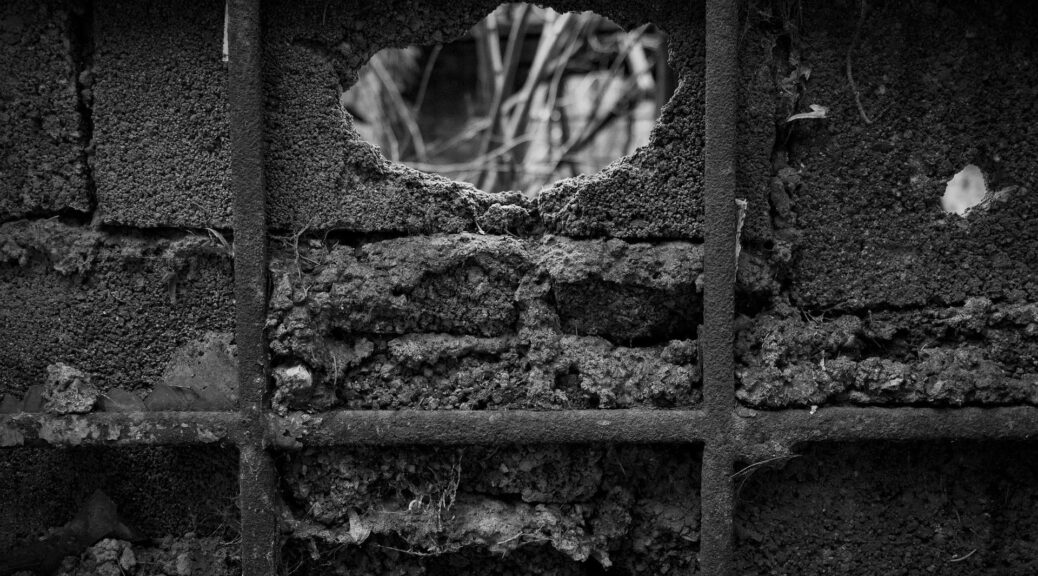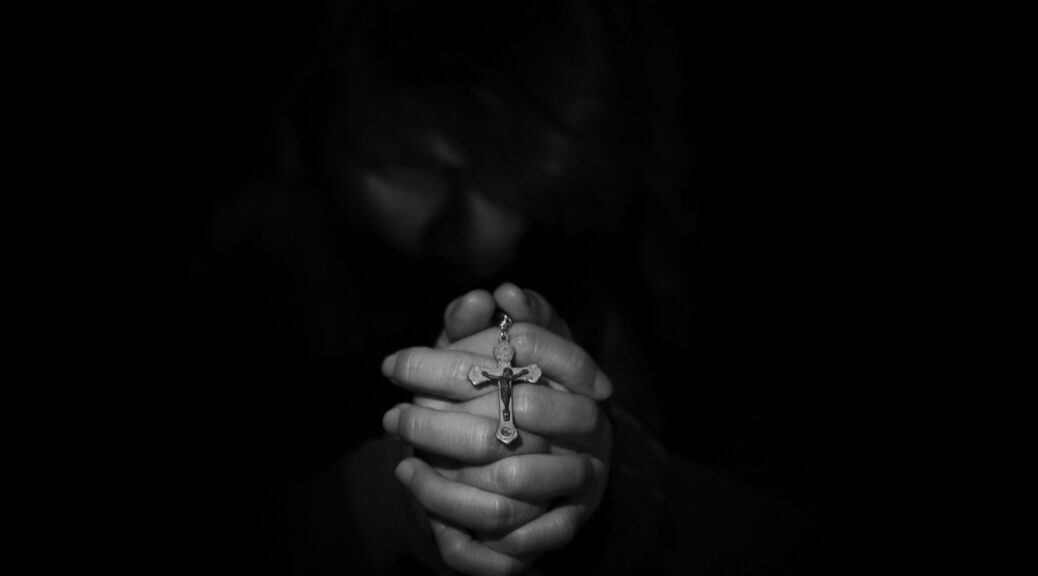I never knew my father. I have long since come to terms with that, but as a young child, it crushed me. I questioned why my dad would not want to be ‘my’ dad and eventually concluded he just didn’t love me. Years later, when my own daughter was born, I held her in the delivery room and made a promise to both of us that I would never fail her the way my father failed me – never cause her to question my love. I broke that promise spectacularly when she was only four years old. I went to jail and, later, prison with a life sentence.
My broken promise put my daughter in a highly vulnerable demographic. One in forty children in this country is affected by parental incarceration, the math works out to 2.6 million kids with at least one parent in a cage. This separation afflicts children with emotional and behavioral problems, low grades in school, high dropout rates, and a higher risk of incarceration. These effects scream the importance of incarcerated parents staying connected to their kids and their lives as much as possible. But how do you do that from here?
I discovered my answer while wasting away in county jail for two years. I spent most of the time sifting through the wreckage of my former life and weighing the damage my actions caused. One of the most tormenting pieces of debris was the lost connection to my daughter. In desperation, I did the only thing available – I wrote letters to her, pouring my heart out to the little girl left behind. There were tears as I expressed sorrow for not being the father I had promised and knowing she would suffer for my mistakes; there were smiles (even laughs) as I shared some of our good memories – endless Disney movies, ad-lib bedtime stories, and epic hide-and-seek games in our home, where the actual challenge was not finding the uncontrollable giggler hiding in front of the sofa.
As the letters piled up, a family member reached out offering to receive them and, when my daughter was older, give them to her if she ever asked about me. With great difficulty, I managed to stifle my excitement. I did, however, allow a glimmer of hope in my heart that we might one day reunite.
There are prison programs that assist incarcerated fathers with connecting to their kids – Fatherhood Accountability, One Day With God, etc. These are commendable programs worth taking advantage of, but they are mere drops in the bucket. It takes so much more to develop strong, loving relationships with our children. I found that writing letters helped me. Through letters our children get to know who we are. Through writing letters, we also get to process the separation as well. Some may hesitate for fear of sounding foolish, and I struggled with this at times. But I fought through with the belief that any emotion infused in a letter will be felt when it is read. What I wrote on those pages, the good and the bad, eventually made me real to my daughter, all of my tears and smiles made an impact.
I received my daughter’s first letter seventeen years into my sentence. The very first line – the first thing she wanted to say to me after so much time – “Hey, dad, I just finished your letters and would like for us to get to know each other… again.”
ABOUT THE AUTHOR. Geoff is 21 years into a life sentence without the possibility of parole. The inspiration for his essay was the impact his letter writing had on reconnecting with his child. That came through so clearly in the essay as well as the accompanying letter. What also came across in his letter was his excitement at expanding his writing, which gets me excited. That is what WITS is all about, and I hope Geoff continues to share his writing here. Geoff can be contacted at:
Geoff Martin #0809518
Nash Correctional Institution
P.O. Box 247
Phoenix, MD 21131
![]()



